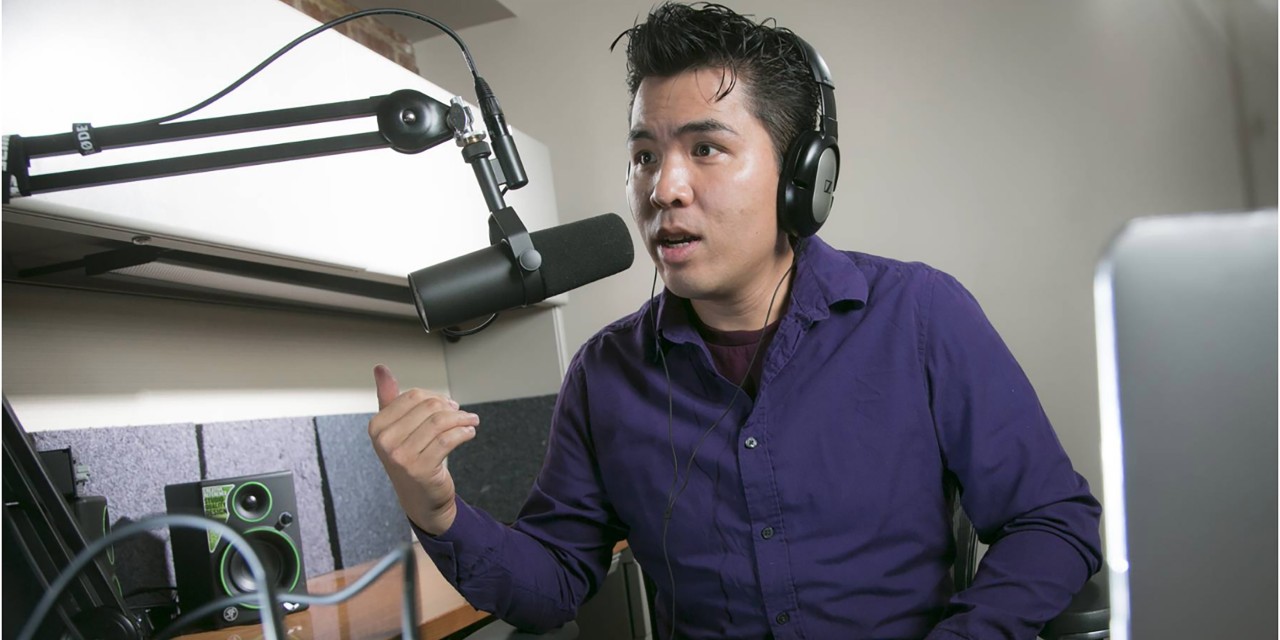Hi-Phi Nation is a story-driven podcast about philosophy created and hosted by Barry Lam of Vassar College. In the stylistic tradition of NPR’s This American Life and Freakonomics, the podcast addresses big questions: What is love? Why do we honor the wishes of the dead in wills and trusts, tying up resources long after they have passed away? Why do we accept soldiers killing in war but not outside of war?
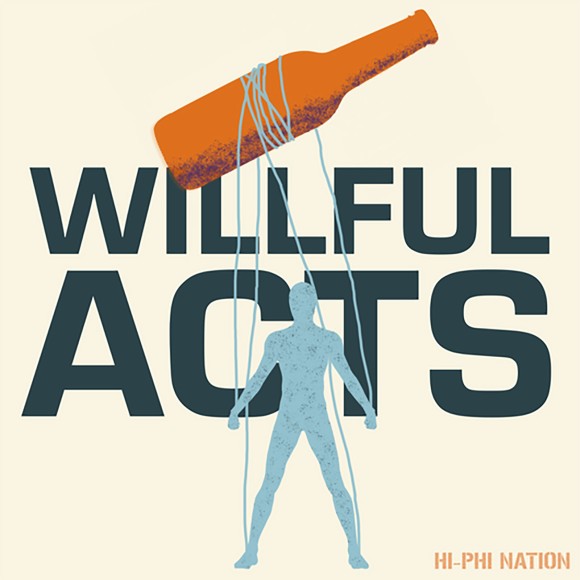
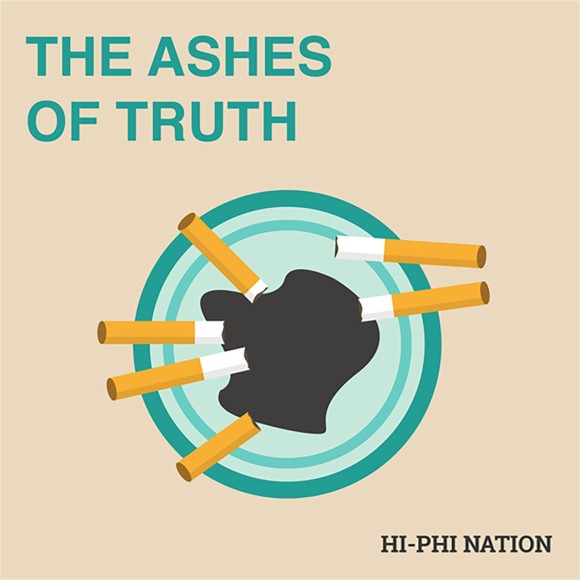
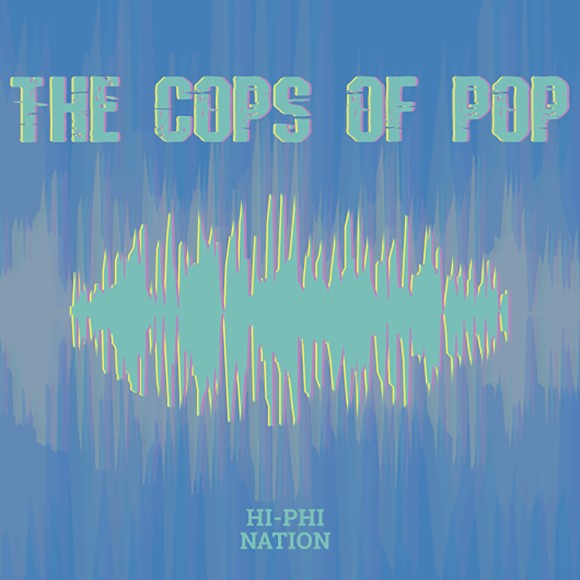
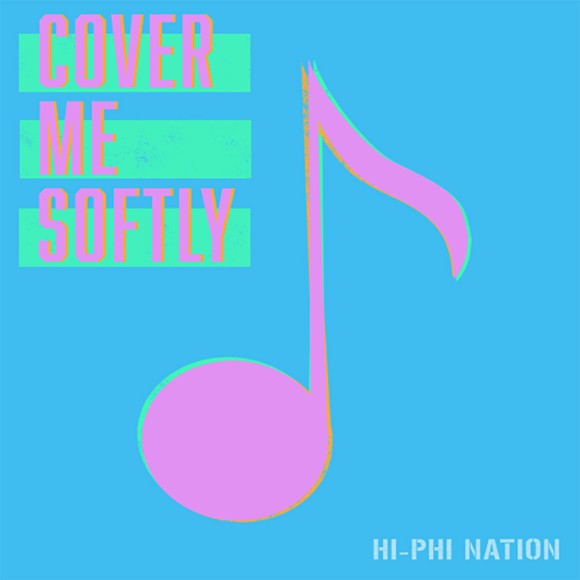
Lam investigates these questions, weaving non-fiction storytelling with philosophical discussion with field experts.
“Every episode has a story in it. It's up to half of it, that gets either a block of its own time or it gets weaved in and out of the episode,” Lam explains. “The stories I select are the ones where a central conflict cannot really be resolved or understood unless you think about some philosophical topic in a certain way.” To illuminate this central conflict, Lam invites philosophical experts. “They are going to help us understand so that we can think through if not resolve the conflict of the story,” Lam explains.
This has been Lam’s model from the very first episode, which explores the story and ethics of what has become of the Hershey’s chocolate fortune after Milton Hershey’s death in 1945. Milton Hershey left his fortune to the Milton Hershey School, a private philanthropic boarding school originally for male orphans in Hershey, Pennsylvania.
“The central tension in that story is that on the one hand we feel that if somebody earns money, they get to say what happens to that money when they die. Nobody else gets to say what happens to that money when they die,” Lam explains. “What happened in the ensuing years since that happened, is that that chocolate fortune and the amusement park fortune grew so large it's basically the gross domestic product of some countries. It's all going to the service for this small school.” The unintended consequences of this are significant, Lam continues. “When you multiply that kind of thing that's happening all across the country, what you have is part of the story of growing wealth inequality that has nothing to do with the rich getting richer. It all has to do with the fact that wealth that's 100 years old can be tied up forever according to wishes of somebody who died a long time ago.”
Official trailer for Hi-Phi Nation Season 1, Episode 1, “The Wishes of the Dead.” Video courtesy of Hi-Phi Nation.
The story of the Milton Hershey's bequest raises difficult philosophical questions.
“I go through a lot of the actual investigative story of what’s going on in Hershey to raise the problem of how do we think about this issue of the rights to wealth after death,” Lam explains. “It’s a philosophical topic: what constitutes a right and how long does that right hold on for? Is it eternal? What kind of world would that end up producing? If we think it’s an unjust world, what is the relevant moral principle that allows us to put a limit on what people can do with their wealth after their death. Academic philosophers have written about that kind of thing. The story is a story of a particular instance of it.”
The narrative podcast has proven to be very well-suited to the exploration of philosophical questions, Lam explains.
“My experience has been that philosophical questions don't automatically resonate with every style of thinker,” Lam observes. “There is a kind of human thinker that naturally gravitates toward abstract questions that have a broad reach, but it’s a subset. It's probably a smaller subset than 50 percent. On the other hand, personal experience—and also a wide range of cognitive science—shows that narrative appeals to close to 100 percent of people. When you have a story about individual characters, things happening, there being a conflict, that conflict pulling people in opposite ways towards a resolution, that has an emotional hit.”
Podcasting offers Lam ways to connect with audience members that differ from the ways people engage with writing. For rigorous philosophical argumentation, print is the best method of dissemination, Lam explains. But audio has its advantages. “There is a lot that audio can do that print can't do. There is an emotional and aesthetic impact you can have through audio. People can engage with it when they can’t engage in print, when they're driving, when they're at the gym, or when they're doing the dishes,” Lam says. “You have sound tracking and scoring that can produce motion for you, moving things along or having people stop when you want them to stop and think about something for a second. You can highlight that by introducing gaps, not just silence but moments of music.”
The experience of podcasting has illuminated the value of different kinds of philosophical communication for Lam. In academic writing, there is a rigor that moves the field forward. Lam sees complementary value in the type of writing that is less regimented and is likely to have a broader appeal that he is sharing across the U.S. and around the world through Hi-Phi Nation.
